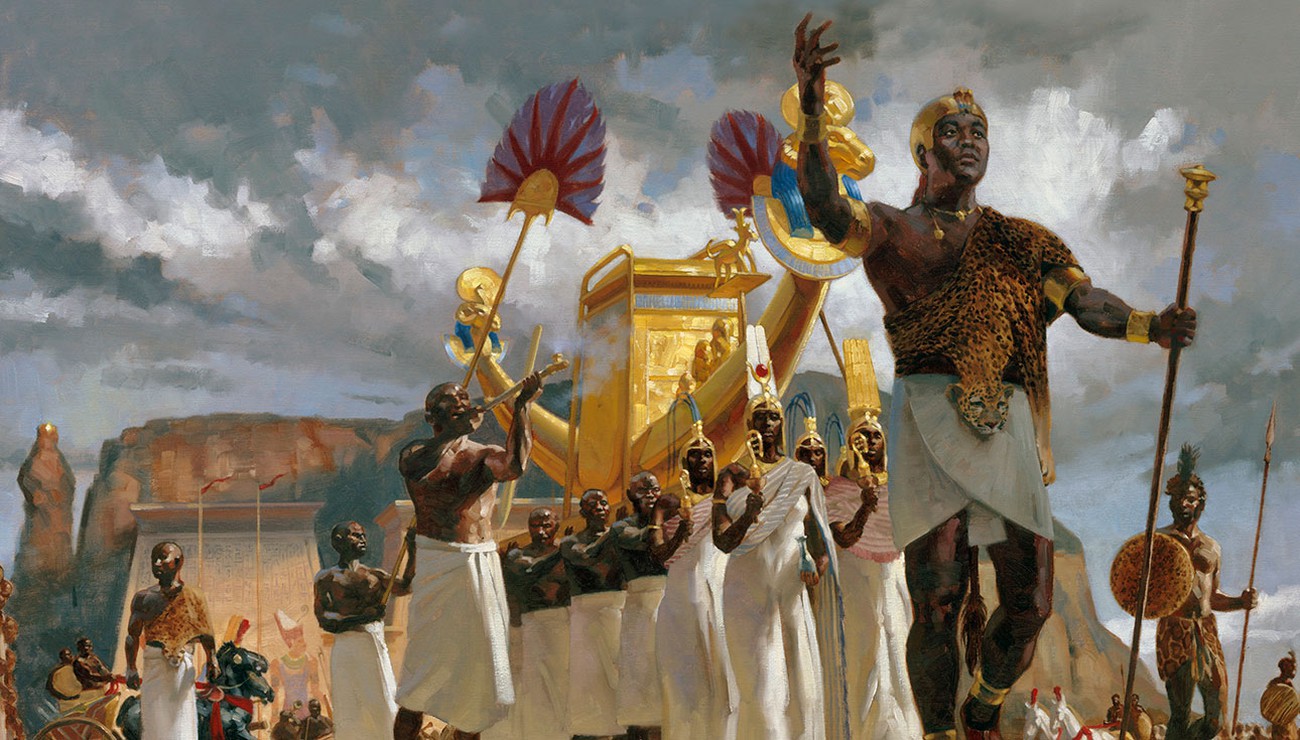Isis was one of the most important goddesses in ancient Egyptian mythology, with a cult that spread throughout the Mediterranean world. She was revered as a goddess of motherhood, fertility, and magic, and her influence can still be seen in modern culture. In this article, we will explore the mythology of Isis, her worship, and her lasting legacy.
Mythology and Symbolism In Egyptian mythology, Isis was the daughter of Geb, the god of the earth, and Nut, the goddess of the sky. She was married to her brother Osiris, the god of the dead and the afterlife, and they had a son named Horus, the god of the sky. Isis was known for her magical powers and was often depicted holding a symbol of power, such as a scepter or an ankh.
One of the most famous stories surrounding Isis is the myth of Osiris. In this story, Osiris was killed and dismembered by his brother Set, who was jealous of Osiris’ power. Isis gathered Osiris’ body parts and magically reassembled him, giving him new life as the god of the underworld. Isis and Osiris were associated with the annual flooding of the Nile, which was believed to be the result of Osiris’ tears.
Isis was also associated with motherhood and fertility, and she was often depicted nursing her son Horus. She was believed to be a protector of children and women and was often invoked during childbirth.
Worship and Rituals Isis was worshipped throughout ancient Egypt and had many temples dedicated to her. The most famous of these was the Temple of Isis at Philae, which was built during the Ptolemaic period and remained in use until the 6th century CE. The temple was believed to be the site of Isis’ annual visit to her husband Osiris in the afterlife.
The worship of Isis involved many rituals and ceremonies, including the pouring of libations, the burning of incense, and the recitation of prayers and hymns. Offerings of food and drink were presented to the goddess, and priests were responsible for performing the necessary rites.
Influence and Legacy The cult of Isis spread throughout the Mediterranean world, and her worship was adopted by the Greeks and Romans. In the Greco-Roman period, Isis was often associated with other goddesses, such as Demeter and Venus, and was worshipped as a universal mother figure.
Isis’ symbolism and mythology have also had a lasting impact on modern culture. Her association with motherhood and fertility has made her a popular figure in feminist movements, while her status as a goddess of magic and mystery has made her an icon in spiritual communities.
Conclusion Isis was a powerful and influential goddess in ancient Egyptian mythology, revered for her magical powers, her connection to the natural world, and her role as a mother and protector. Her worship and mythology have had a lasting impact on later cultures, and her legacy can still be seen in modern-day spirituality and feminist movements. The enduring appeal of Isis is a testament to the enduring power of ancient Egyptian mythology and the gods and goddesses that shaped it.
